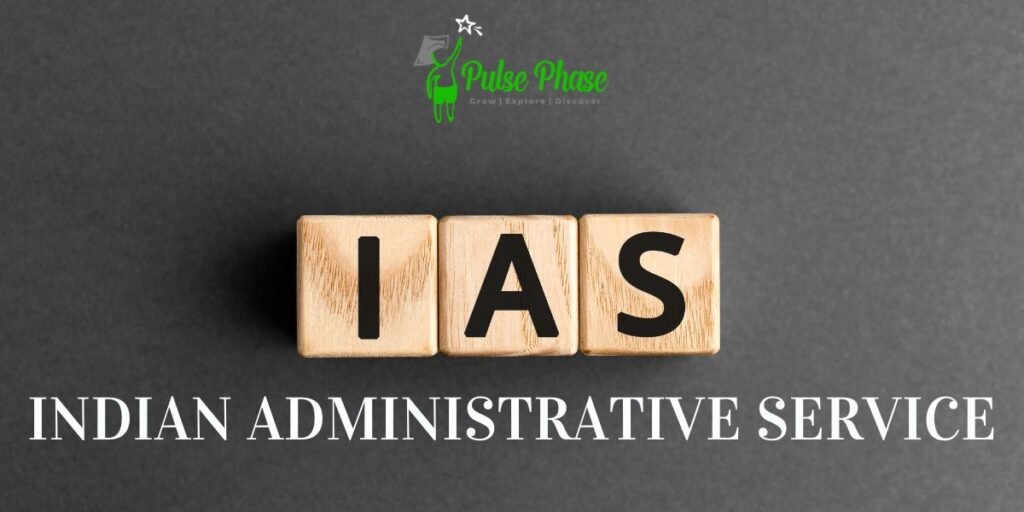Have you ever wondered what the term IAS means? The term IAS stands for Indian Administrative Service. It is the top group of civil servants who maintain the smooth operation of India. From your local district office to the halls of power in New Delhi, these officers function as the government’s master coordinators.
Whether it’s making sure new policies work on the ground, keeping your city organized, or handling big public projects, IAS officers are the ones making it happen. In essence, they are the unsung heroes who work to transform government initiatives into tangible changes that have an impact on everyone’s life.
Ever Wonder What It Takes to Become One of India’s Top Civil Servants?
The Indian Administrative Service (IAS): is the backbone of India’s government administration. Think of IAS officers as the country’s high-powered problem solvers. These are the individuals who turn government policies from paper into reality, whether it’s managing a crisis, implementing welfare schemes, or ensuring your district runs smoothly. It’s no surprise it’s considered one of India’s most prestigious career paths!
Breaking Into the IAS: The Journey
Becoming an IAS officer isn’t a stroll in the park. The selection procedure is famously challenging, kind of like a three-round knockout tournament:
- Preliminary Examination (Prelims): The initial screening where you confront objective-type questions.
- Main Examination (Mains): A test of your extent of knowledge through detailed written answers.
- Personality Test (Interview): An assessment to verify if you have what it takes to be a leader and decision-maker.
Who Can Take a Shot at It?
The basic requirements are fairly straightforward: you need to be an Indian citizen with a college degree. But here are where it gets interesting—the age limits and number of attempts differ depending on your category:
- General Category: 6 attempts between ages 21-32
- OBC Category: 9 attempts, up to age 35
- SC/ST Category: Unlimited attempts up to age 37
The Perks of Being an IAS Officer
The initial salary is around ₹56,100 per month, but that is just the beginning. You also get:
- A government house to dwell in
- An official vehicle
- Sometimes even security staff
- A secure pension package after retirement
Want to Crack the Exam? Here’s What Works
Having a strategic plan is crucial. Here’s what successful candidates typically do:
- Stay on top of current affairs (daily newspaper reading is a must.
- Create a study schedule that works for them
- Practice writing responses regularly
- Take mock examinations to get comfortable with the exam pattern
- Take care of their health during preparation
Did You Know?
- The first Indian to pass this exam was Satyendranath Tagore in 1863.
- Over one million aspirants register annually, but only about 800-1000 are cut.
- The Lal Bahadur Shastri National Academy of Administration (LBSNAA) in Mussoorie is the training institute for IAS officers.
What Makes It Worth It?
Being an IAS officer isn’t just about the prestige or perks; it’s about making a genuine difference. You could be:
- Helping your district recover from a natural disaster
- Making sure government benefits reach those who need them most
- Working on policies that could change millions of lives
- Leading initiatives that influence India’s future
conclusion
Is it challenging? Absolutely. Does it require dedication? You sure. But if you are looking for a career where you can genuinely impact people are lives while being at the forefront of nation-building, the IAS could be your calling. The journey might be difficult, but as many officers would tell you, it is worth every bit of the effort.
Remember, it’s not just about completing an exam. it’s about preparing yourself for a life of public service. And that is what makes the IAS more than just a profession. It is a mission to serve India and its people.
Relevant Articles to Must Read:




